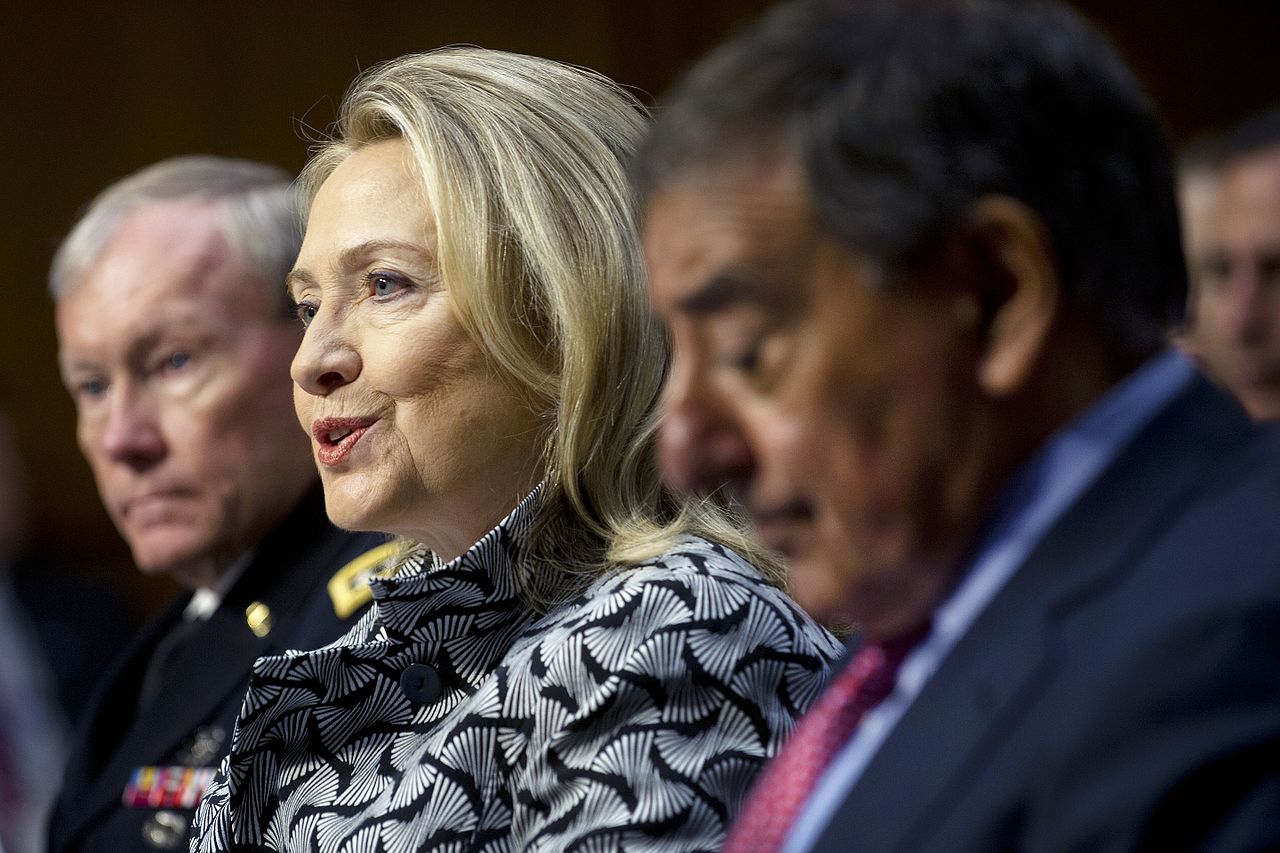Views expressed in opinion columns are the author’s own.
Why is it so hard to change our minds? Whether on small preferences, life choices or political opinions, people have a propensity to stick with their original decisions and opinions. This stubbornness occurs even when facts undermine previous beliefs and the costs of changing one’s mind are negligible.
A major cause of human stubbornness is the desire to look strong and certain. If people easily change their minds, they might be viewed as malleable, weak or uncertain. Confirmation bias — the practice of only embracing evidence that supports one’s existing opinion — also plays a large role.
We see this playing out not only in our personal lives with stubborn friends and heated debates among peers but on the national scale as well. A common critique of former presidential candidate Hillary Clinton was that she “flip-flopped” on her opinions to attract more voters. The GOP even published a thorough research paper outlining all of Clinton’s policy changes over the recent years in an attempt to discredit her.
The desire to see our politicians maintain their positions is understandable. We want to trust that our representatives will do what they promise (or at least try). But if we think critically, there are two good reasons why a politician might switch their opinions. First, because they think a new position would benefit their constituents, and second, because their constituents want something else. In both cases, changing a policy position is a sign of responsive and responsible governance, something we want to encourage.
There are also malevolent reasons people might change their position — perhaps they are beholden to interest groups or are under pressure from other representatives. Jumping to that conclusion without evidence, however, is irresponsible and only discourages politicians from hearing out their constituents and changing their policies according to their concerns.
One good example is Clinton’s stance on the Trans-Pacific Partnership. She originally called the deal the “gold standard” of trade agreements. At the time Clinton made that remark, it was generally believed by those in favor of the TPP that it would lower costs for American consumers, increase trade between U.S. and Asia and, most importantly, allow the U.S. to counterbalance Chinese influence in the region.
However, after massive pushback on the deal, and realizing that it could hurt American manufacturing, Clinton changed her position and said she would not endorse it. She received significant criticism for her “flip-flop.”
But isn’t this exactly how we want politicians to act? While she originally said one thing believing it was right, she heard the American people, realized it wasn’t what they wanted, and changed her policies accordingly. That should earn her credit, not disparagement.
This is not only true for Clinton, but for us and our friends as well. Imagine a conversation in which we actually admitted the other person was right. That is not to say that we should think nothing of our opinions, but we must be honest enough to look critically at the facts, and be willing to remove our ego and see another perspective. This is an important first step in changing a culture that prides itself on stubbornness.
Let us look at future debates as opportunities to seek truth, not elevate ourselves over others. Only then can we begin to have healthier civil discourse and encourage ourselves, our friends and our representatives to be more open and responsive.
Moshe Klein is a junior economics and government and politics major. He can be reached at mosheylklein@gmail.com.



